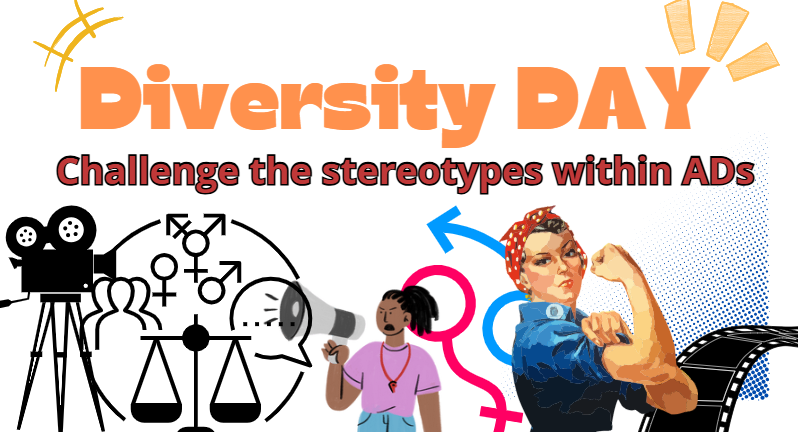Diversity
Diversity is a fundamental value celebrated throughout the year in schools and cities, with dedicated events that promote awareness, inclusion, and reflection. There is no specific day required to raise awareness and take action — promoting diversity and equity in all their forms is a continuous commitment.
One of the most visible areas where inequality persists is in representation — whether related to gender, race, disability, age, sexual orientation, or cultural background. While conversations about inclusion are becoming more frequent, the messages we encounter daily — especially through advertising and media — often continue to reflect narrow or outdated perspectives. These portrayals may reinforce stereotypes that fail to reflect the complexity and richness of diverse identities. Stereotypes, even when based on generalizations, can lead to exclusion and systemic bias when repeated uncritically. Promoting diversity means actively challenging these patterns and embracing representations that reflect the full spectrum of human experience.
AD Rewriting Challenge – Confronting Sexism in Advertising
On May 7th, 2025, the Campus de l’EIDE International School in Differdange hosted its own Diversity Day, organizing activities for students aged 13 to 17. The school welcomed a range of NGOs to lead workshops focused on different dimensions of diversity.
Among them was us, Kehsia, holding a session focused on sexism in advertising. From 8:45 a.m. to 12:15 p.m., two classes participated in this dynamic and thought-provoking workshop aimed at identifying and rewriting sexist assumptions found in ads.
The Workshop in Action
The activity was structured in several stages — combining information, discussion, and creativity.
First, Chiara from Kehsia introduced the topic of gender stereotypes, asking the 22 students to share their own definitions and examples. This set the stage for a deeper understanding of how stereotypes are formed and how they influence public perception.
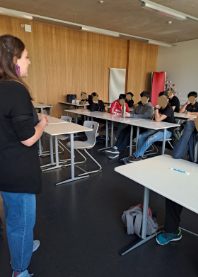
Next, students analyzed advertisements from the 1960s to today. While the older ads were often shockingly explicit in their sexism, modern ones revealed more subtle but still harmful messages. This comparative analysis sparked lively discussion and critical thinking, with students expressing surprise at how some stereotypes continue to persist, albeit in new forms.
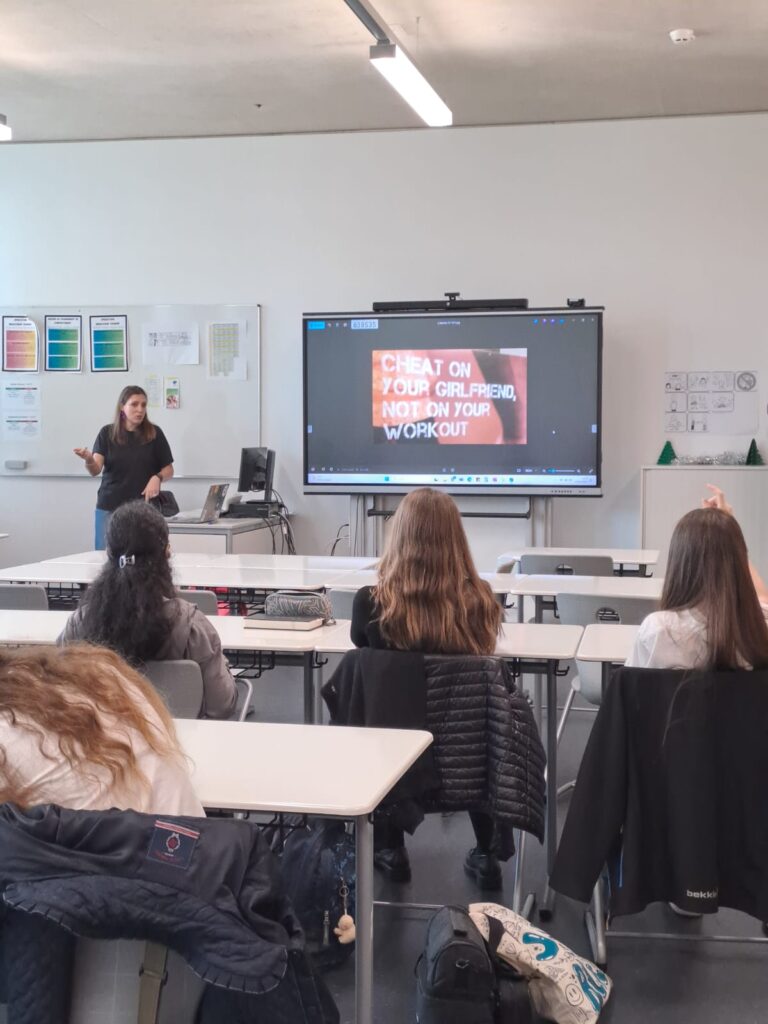
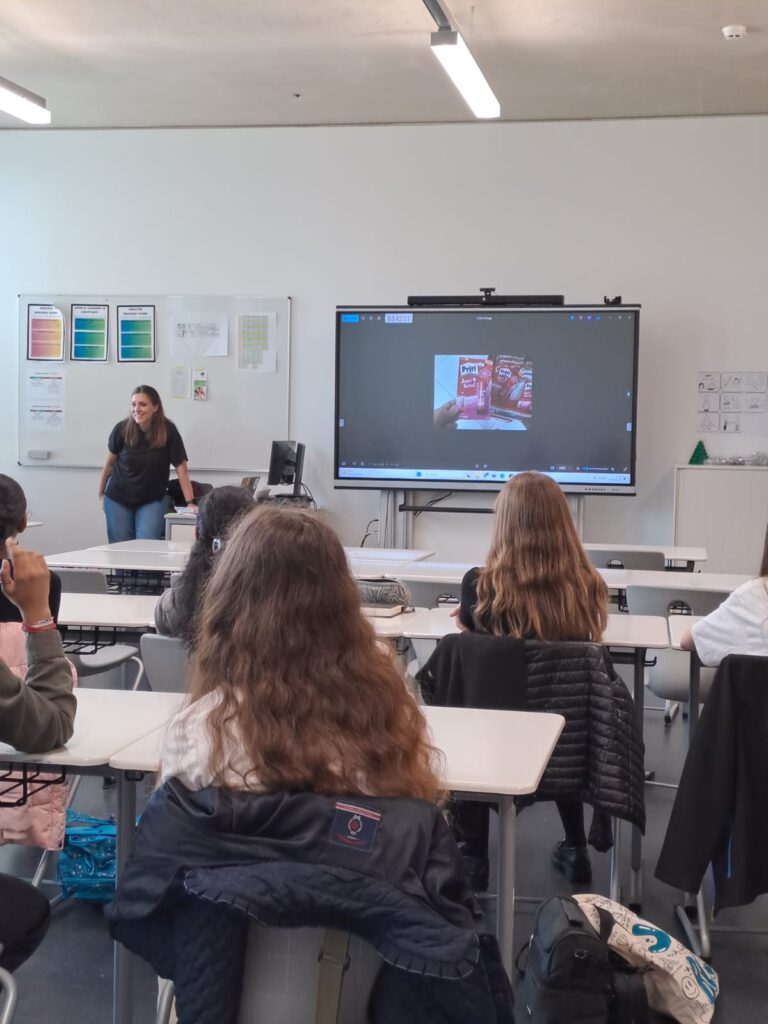
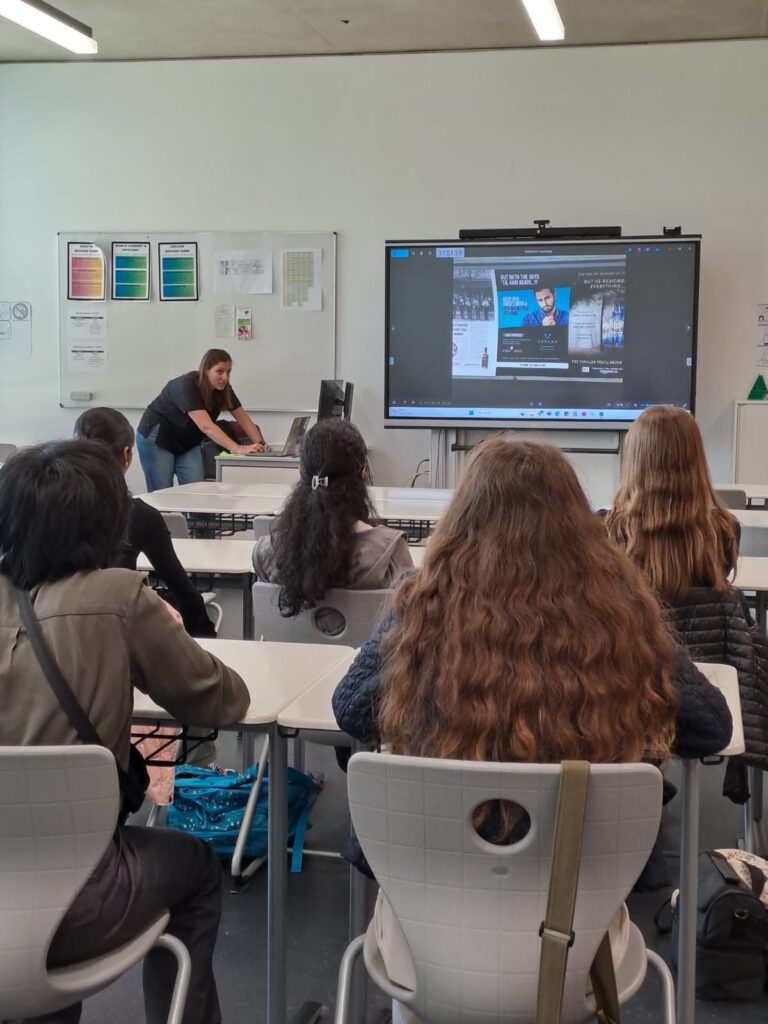
With this awareness in place, students moved on to the creative part of the workshop: rewriting the advertisements. Working in small groups, they transformed problematic ads into inclusive, stereotype-free versions. The results were diverse, imaginative, and thoughtful. Each group then presented their revised ads to the class, effectively tackling the original issues and proposing alternative messages that promote equality.


A Tool for Change
In a world where advertising is deeply embedded in our daily lives, critical thinking becomes one of the most powerful tools for resisting and reshaping harmful narratives. The students at EIDE showed that, with awareness and creativity, it is possible to challenge sexism and rewrite the message — not just in ads, but in society as a whole.

